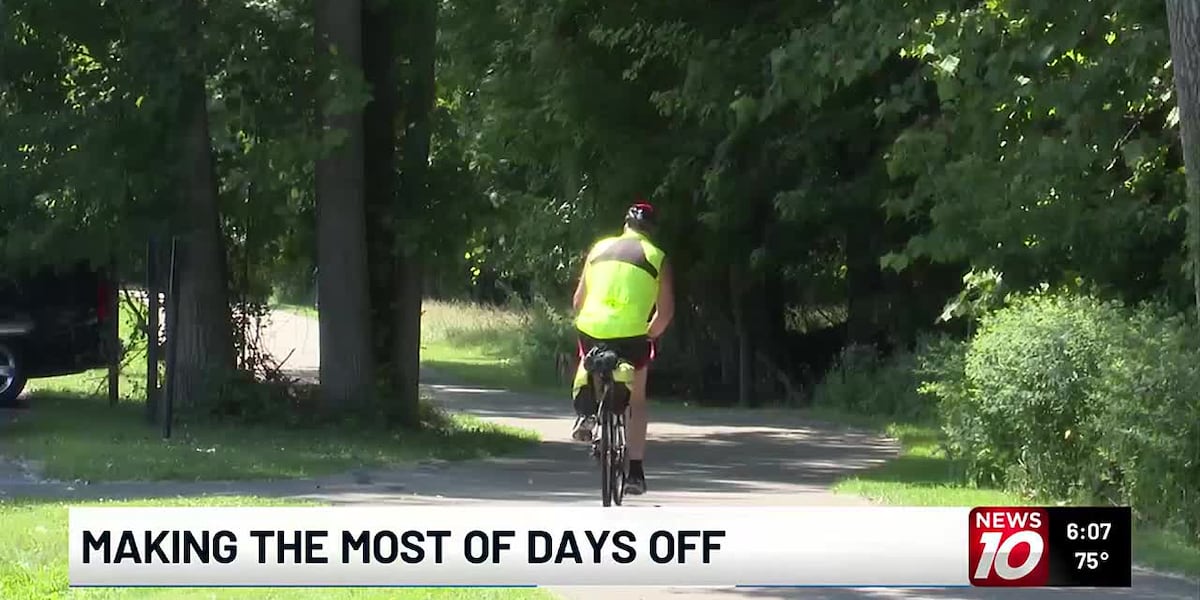Navigating the Emotional Aftermath: Supporting Your Mental Wellbeing After a Natural Disaster

Natural disasters – from devastating floods and wildfires to powerful storms and earthquakes – leave a trail of destruction far beyond the physical. While rebuilding homes and communities is paramount, it’s equally vital to address the often-overlooked impact on mental health. The emotional toll can be immense, leading to anxiety, post-traumatic stress disorder (PTSD), depression, and a range of other challenges. Understanding these effects and knowing how to seek support is crucial for healing and recovery.
The Psychological Impact of Natural Disasters
Experiencing a natural disaster is a profoundly traumatic event. Survivors may witness loss of life, injury, displacement, and the destruction of their belongings. This can trigger a cascade of emotional responses, including:
- Anxiety and Fear: Constant worry about future events, safety, and the stability of your surroundings.
- Post-Traumatic Stress Disorder (PTSD): Flashbacks, nightmares, intrusive thoughts, and avoidance of reminders of the disaster.
- Depression: Persistent sadness, loss of interest in activities, and feelings of hopelessness.
- Grief and Loss: Mourning the loss of loved ones, homes, possessions, and a sense of normalcy.
- Guilt and Shame: Feeling responsible for what happened or struggling with survivor's guilt.
- Increased Irritability and Anger: Frustration and resentment towards the situation and those involved.
Children and vulnerable populations (elderly, individuals with pre-existing mental health conditions) are often particularly susceptible to these psychological effects.
Steps You Can Take to Support Your Mental Wellbeing
Healing from a natural disaster is a process that takes time and effort. Here are some practical steps you can take to support your mental wellbeing:
- Acknowledge Your Feelings: It's okay to feel overwhelmed, scared, or sad. Don't suppress your emotions; allow yourself to grieve and process what you've been through.
- Connect with Others: Reach out to family, friends, or community members. Talking about your experiences can be incredibly helpful. Social support is a vital buffer against the negative impacts of trauma.
- Seek Professional Help: If you're struggling to cope, don't hesitate to seek professional help from a therapist or counsellor. Cognitive Behavioral Therapy (CBT) and other therapies can be effective in treating PTSD, anxiety, and depression.
- Establish a Routine: Re-establishing a sense of normalcy and routine can provide a feeling of stability and control.
- Practice Self-Care: Prioritize activities that help you relax and recharge, such as exercise, meditation, spending time in nature, or pursuing hobbies.
- Limit Exposure to News and Social Media: While staying informed is important, excessive exposure to disaster-related news and social media can exacerbate anxiety and distress.
- Be Patient with Yourself: Recovery is not linear. There will be good days and bad days. Be kind to yourself and celebrate small victories.
Resources for Support
Numerous organisations offer support and resources for individuals affected by natural disasters. Here are a few:
- NHS (National Health Service): Provides mental health services and support.
- Samaritans: Offers confidential emotional support 24/7.
- Mind: A mental health charity providing information, support, and advocacy.
- Red Cross: Provides disaster relief and mental health support.
Remember, you are not alone. Seeking help is a sign of strength, and recovery is possible. Prioritising your mental wellbeing is an essential part of rebuilding your life after a natural disaster.





